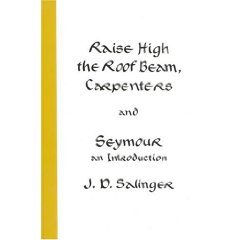Hmmm, I Wonder Why That Happened?

Science is full of surprises. Like penicillin. And X-rays. And LSD. And the cosmic background radiation that is our best evidence for the “Big Bang” origin of the universe. Ever since the original “eureka” moment, serendipity–the source of discoveries made while seeking, or expecting, something else–has been a driving force in progress. It’s still happening, all the time.
In fact, it probably happens more often today than ever, now that computing power makes it possible to test all available compounds in a chemistry lab, or simulate all possible conditions in a climate model, or let the fractal equations play out for a while, and see what happens. (Thanks to computers, even mathematics now has tinkering experimenters working alongside its theorists.) It’s enough to make you wonder what we’ve missed because over the past few centuries because people weren’t open to surprises.
Serendipity isn’t the same thing as dumb luck, of course. It’s not like throwing spaghetti into the air and seeing what sticks. Instead, it’s the product of training and thought. An accident won’t teach you anything unless you know what to notice, and what it means. “Chance,” Louis Pasteur famously said, “favors the prepared mind.” Nonetheless, good scientific luck is sometimes disparaged as “blind searching,” and many people tend to think “real science” is only about certainties.
This month, serendipity, the equal yin to certainty’s yang, got its own scholarly publication: the open-access Journal of Serendipitous and Unexpected Results. According to its founders, Ryan Lilien, Ramgopal Mettu and John Thomas, the journal fills a need in the computational and biological sciences for a place to discuss “results that are unexpected or perplexing given conventional wisdom or that clearly negate a popular hypothesis.” The first issue is in the works. I can’t wait.





